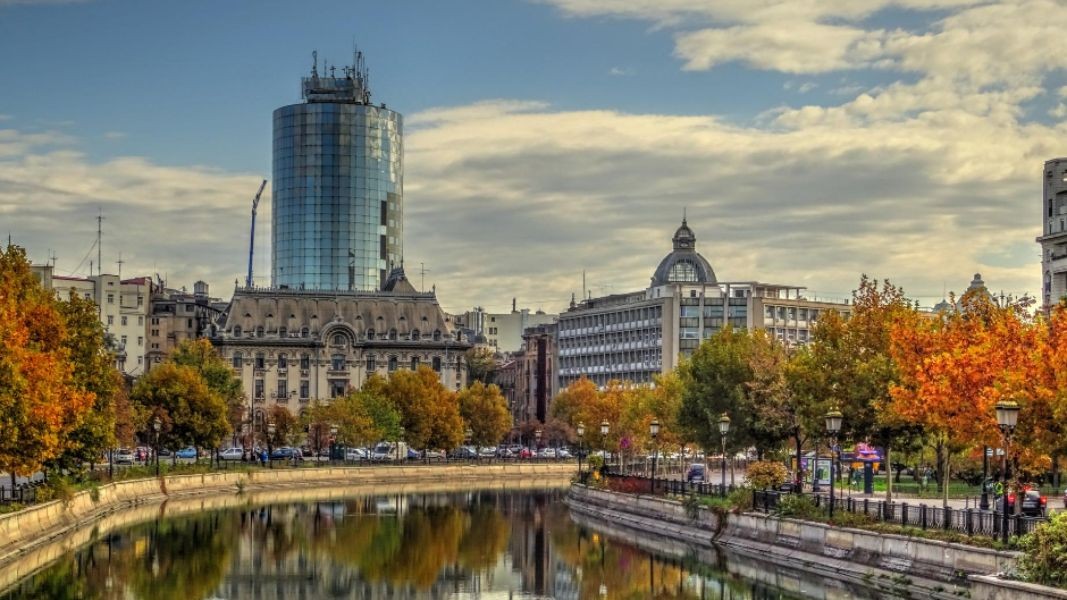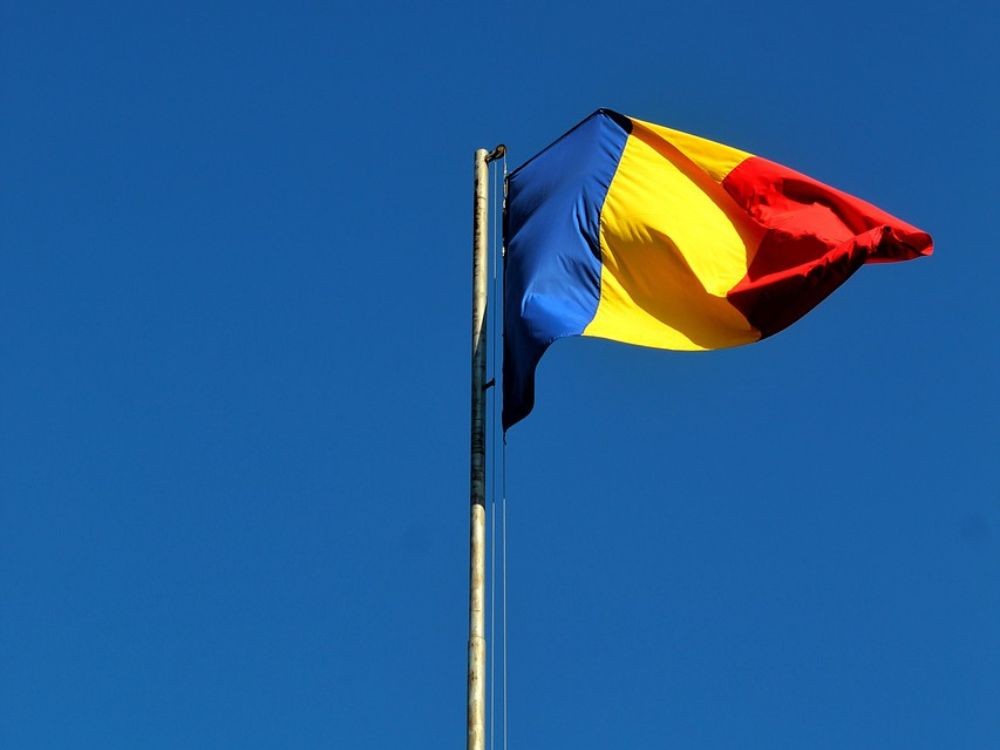If it is true that Bulgaria is not just enclosed in its borders, but exists where Bulgarians live, then we should know that in the last few decades a growing community of Bulgarian compatriots can be found north of the Danube. They are considered part of the so-called "new emigration", in contrast to the older generations of Bulgarians who settled in the Romanian lands during the Ottoman rule. In order to find out more about the attitudes of some of these compatriots regarding Bulgaria's social development and their participation as voters in the series of early parliamentary elections in this country, Radio Bulgaria’s Vladimir Mitev, who is part of the Romanian section of the media, conducted several short interviews.
The three interlocutors, who chose to remain anonymous, are an elderly Bulgarian who settled in Romania before 1989 and constantly works for establishing contacts between citizens and businessmen from both countries; a young man working in a corporation and married to a Romanian woman, as well as a young Bulgarian woman working in a call center who settled in Romania ten years ago and lives there with her husband and their child. Their opinions seem to describe the different attitudes of Bulgarians towards the electoral process in the country:

"I have always voted because I don't want to be left behind. I want my vote to contribute to something positive, if possible. That is why I have always voted both in Bulgaria and Romania. This is everyone's right,” a 68-year-old Bulgarian, who has lived in Bucharest for decades, says. “It is good to use this right so that things in Bulgaria can be put in order and these problems with the governments that cannot fulfill their term in office could go away. I want what everyone strives for - laws that guarantee the rule of law in Bulgaria. There are many problems related to the institution of the Prosecutor General. Solutions must be found, so that the work of the Prosecutor General can be monitored," he says and adds he hopes that more young people would enter Bulgarian politics, while the problem at the moment is that old parties manage to adapt to what is happening and continue to have great influence.

Younger interviewees have different attitudes. A Bulgarian woman who preferred to raise her child in the Romanian capital says that she never votes because she is detached from the political reality and considers it is not right to influence the situation from outside. However, the woman seems to have another motive, as well - she is disappointed by the "backwardness" of Bulgaria and by the lack of unity and sees in Romania rules that are being followed. "Both my husband and I are Bulgarians and we both left our country. Unfortunately, Bulgaria could not give me what I actually needed," she told Radio Bulgaria:
"I've been traveling for a long time. Bulgaria has a very, very backward mindset in every respect related to political life. In Romania, I like that things develop much faster than they do in Bulgaria. When I first left the country, I lived abroad for a long time. The shock I experienced on my return home was long-lasting and it actually made me think about moving abroad permanently," she says and adds that she chose Romania because of her husband, who had found a job in the neighboring country.

Our third interviewee is a Bulgarian from Ruse and his wife is a Romanian. His attitude to participation in the Bulgarian elections is a bit different - he also did not vote in the last two votes, but he feels bad about it and is considering casting his vote on April 2, 2023. He wants Bulgaria to become "a normal European country with a future for our grandchildren". When comparing Bulgaria to Romania, he does not see a clear winner, but considers Bulgaria’s northern neighbor to be more dynamic, at least when it comes to administrative services:
"I want things to start happening in Bulgaria. I want more action and less talking. I would like to see an active society not the same persons in politics who are ‘subscribed’ to the parliamentary seats and nothing really changes,” our interviewee, who has been living in Romania for 5 years, says. “The policy towards the Bulgarian communities abroad is not leading in his choice of political force he would support, but if he saw a desire for active work with the Bulgarian community abroad, this would give him food for thought. “In Romania we see dynamics in society, in the economy. I can feel the investments here - both foreign and local. There is production and services that are at a good level. When it comes to the state apparatus, however, there is still much to be desired. With my wife, who is Romanian, we are comparing specific services in Bulgaria and Romania. Sometimes we are surprised that there are things in Bulgaria that happen a little easier."
Expect the next part of the series of Vladimir Mitev's conversations with Bulgarians in Bucharest soon. You will learn more about their life in the Romanian capital and the events that accompany the Bulgarian community there.
English version: Alexander Markov
Photos: Unsplash, Pixabay, library
Residents and visitors to Sofia will have the opportunity to learn more about Bulgarian scientists working in Antarctica and their important role in the exploration of the continent. The exhibition "Antarctic People - Caring for the Earth" by BNR..
Looking and feeling your best doesn’t have to come at a high price — especially in Bulgaria. The country has become a rising star in beauty tourism, offering top-tier salon services at prices that won’t break the bank. Whether you’re a local or a..
In 1992, a child from Georgia packed her entire life into a small black canvas bag to escape the horror of the bombs… The war through her eyes and the most terrible memories that mark her entire life are described in the..
For the 32nd time, the Children's Easter Festival will bring together Bulgarian children from different countries in Bosilegrad, Serbia, giving them a..
Looking and feeling your best doesn’t have to come at a high price — especially in Bulgaria. The country has become a rising star in beauty tourism,..
In 1992, a child from Georgia packed her entire life into a small black canvas bag to escape the horror of the bombs… The war through..

+359 2 9336 661
